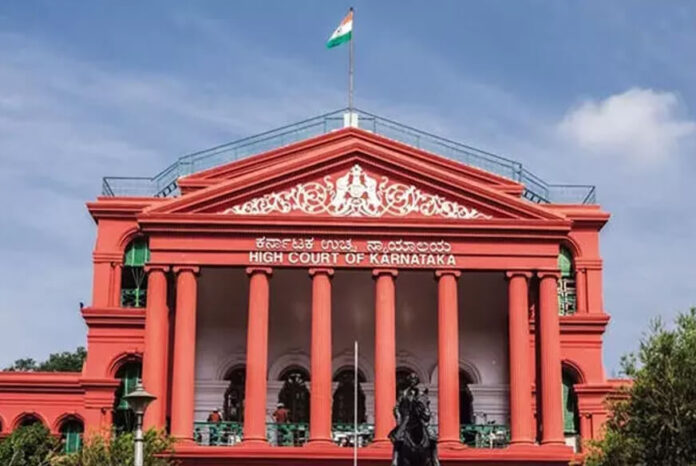The Karnataka High Court has issued a significant directive concerning the medical examination of adult rape victims. This directive addresses the need for privacy and sensitivity in the handling of such cases.
Call for Amendment in BNSS :
The Karnataka High Court has recommended that Section 184 of the Bharatiya Nagarik Suraksha Sanhita (BNSS) be revised. The proposed amendment would mandate that adult rape victims be examined only by female medical practitioners to safeguard their right to privacy.
Interim Measures
Until the amendment is enacted, the Court has instructed both Central and State governments to ensure that medical examinations of rape victims are conducted exclusively by or under the supervision of female registered medical practitioners.
The Court has also directed authorities to educate and sensitize all relevant stakeholders, including police officials, prosecutors, doctors, and judicial officers, on the importance of maintaining victim privacy and sensitivity during medical examinations.
The directive emerged from a case involving accused Ajay Kumar Bhera, charged under Sections 307 and 376 of the Indian Penal Code. The Court denied Bhera’s bail application after reviewing the victim’s and accused’s medical records, which confirmed the victim’s claims of assault.
Privacy Concerns During the case
it was noted that the victim had been examined by a male medical officer for about six hours, which raised concerns about privacy and sensitivity. The Court emphasized that medical examinations should be conducted in a manner that respects the victim’s privacy.
Critique of Current Provisions
The Court criticized Section 184 of the BNSS for not providing adequate privacy protections for victims, especially when similar protections are afforded to female accused under Section 51 BNSS. The Court urged the Additional Solicitor General of India and the State Public Prosecutor to advocate for the necessary amendments.
Issues with Medical Reports
Additionally, the Court found that medical reports provided by hospitals were often illegible. It has instructed authorities to ensure that hospitals provide legibly written or computer-generated medical reports to avoid misunderstandings.
The Karnataka High Court’s ruling underscores the need for legislative and procedural reforms to enhance the dignity and privacy of rape victims. The Court’s directives aim to improve the handling of sensitive cases and ensure that victims are treated with the utmost respect and care.


